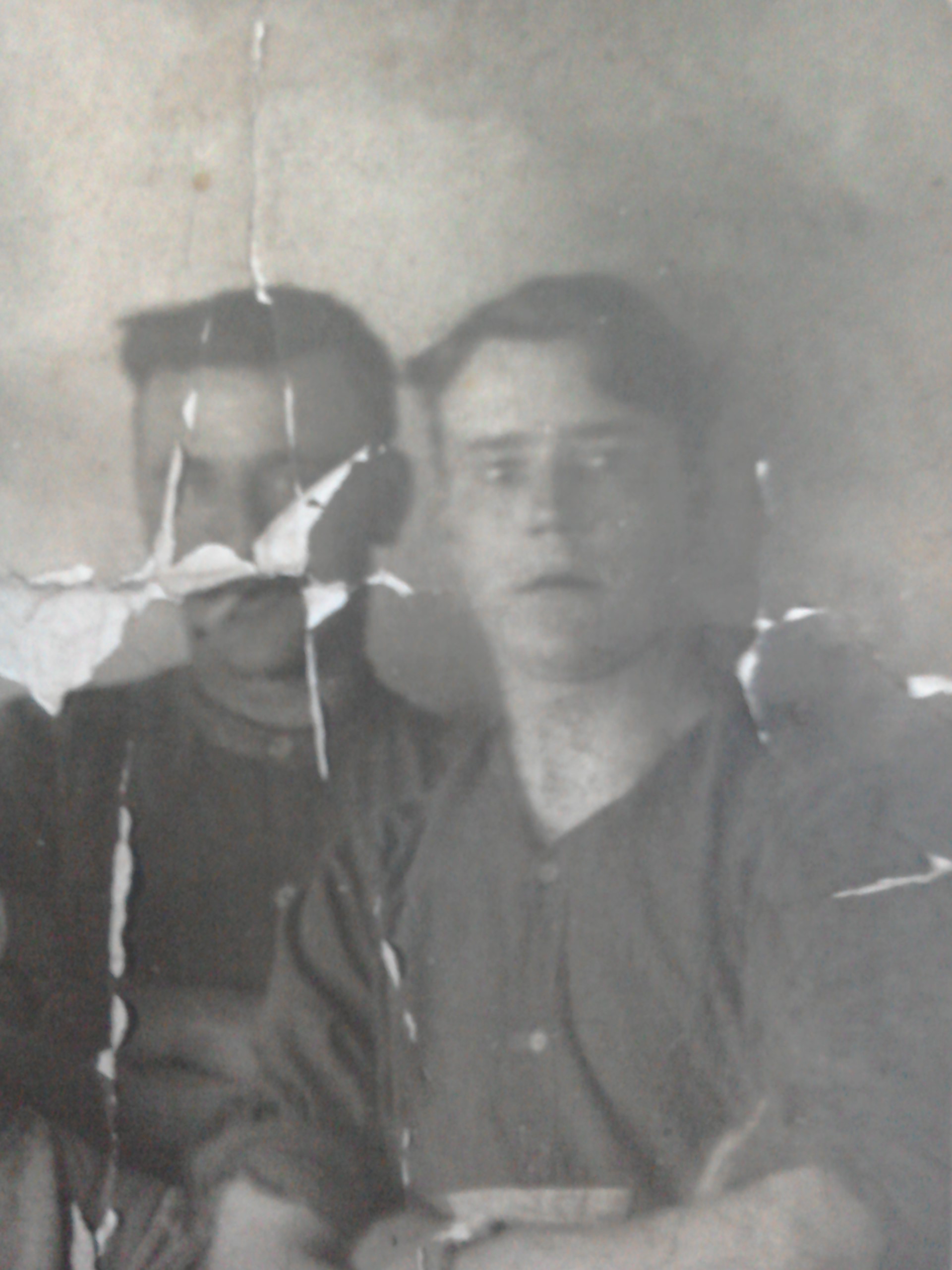Gnr
William O'Marr
Informationen zu Geburt
|
Geburtsjahr: 1894 |
|
Geburtsort: Denaby Main, Yorkshire, England, Vereinigtes Königreich |
Allgemeine Informationen
|
Beruf: Bergmann |
Informationen zum Armeedienst
|
Land: England, Vereinigtes Königreich |
|
Truppe: British Expeditionary Force |
|
Rang: Gunner |
|
Dienstnummer: 27629 |
|
Einberufung ort: Wakefield, Yorkshire, England, Vereinigtes Königreich |
|
Einheiten: — Royal Field Artillery, "C" Bty. 160th (Wearside) Bde. (Letzte bekannte Einheit) |
Informationen zu Tod
|
Sterbedatum: 22/10/1917 |
|
Sterbeort: Ney Crossroads, Belgien |
|
Todesursache: Im Kampf gefallen |
|
Alter: 23 |
Begräbnisplatz
|
Artillery Wood Cemetery Grabstelle: VIII Reihe: E Grab: 19 |
Auszeichnungen und Orden 2
|
British War Medal Medaille |
|
Victory Medal Medaille |
Punkte von Interesse 2
| #1 | Geburtsort | ||
| #2 | Einberufung ort |
Meine Geschichte
William O’Marr was a coal miner from South Elmsall, West Riding of Yorkshire. William enlisted in Wakefield and by the time of the Battle of Passchendaele he served as a gunner with “C” Battery of the 160th (Wearside) Brigade Royal Field Artillery, which was part of the Divisional artillery of the 34th Division.
Mid October 1917 the 34th Divisional Artillery relieved the 59th Divisional Artillery north of the village of Langemark. The 160th (Wearside) Brigade Royal Field Artillery took up positions along the Broenbeek stream near Ney Cross Roads. All position’s were operational by the 19th of October.
On the 22nd of October the guns of the 160th (Wearside) Brigade supported the attack of the 35th Division on the Houthulst Forrest. “C” Battery focused on targets in the Houthulst Forrest in the Colombo House and Maréchal Farm area. An officer of “C” Battery established a signalling station at Egypt House to coordinate the shelling of the German positions. Despite the artillery support very little ground was captured during the attack.
During the evening of the 22nd the 160th Brigade was heavily shelled. “C” Battery suffered a direct hit, with one gun destroyed and two whole detachments becoming casualties. Gunners Robert G. Brompton, from Elland, Yorkshire, Frederick W. Freed, from Rochestern Kent and William O’Marr, aged 23, were all killed. These young men were all buried in Artillery Wood Cemetery.
Mid October 1917 the 34th Divisional Artillery relieved the 59th Divisional Artillery north of the village of Langemark. The 160th (Wearside) Brigade Royal Field Artillery took up positions along the Broenbeek stream near Ney Cross Roads. All position’s were operational by the 19th of October.
On the 22nd of October the guns of the 160th (Wearside) Brigade supported the attack of the 35th Division on the Houthulst Forrest. “C” Battery focused on targets in the Houthulst Forrest in the Colombo House and Maréchal Farm area. An officer of “C” Battery established a signalling station at Egypt House to coordinate the shelling of the German positions. Despite the artillery support very little ground was captured during the attack.
During the evening of the 22nd the 160th Brigade was heavily shelled. “C” Battery suffered a direct hit, with one gun destroyed and two whole detachments becoming casualties. Gunners Robert G. Brompton, from Elland, Yorkshire, Frederick W. Freed, from Rochestern Kent and William O’Marr, aged 23, were all killed. These young men were all buried in Artillery Wood Cemetery.
Quellen 1
|
160 Brigade Royal Field Artillery (The National Archives, Kew (TNA), British Army war diaries 1914-1922, WO 95/2447/2). https://www.nationalarchives.gov.uk/ Weitere Quellen |
Weitere Informationen 3
|
Commonwealth War Graves Commission Database https://www.cwgc.org/find-records/find-war-dead/casualty-details/101238 |
|
Namenlijst (In Flanders Fields Museum) https://namenlijst.org/publicsearch/#/person/_id=918de2a9-5b4f-450e-b48f-c83bb59e5fd0 |
|
Lives of the First World War (Imperial War Museum) https://livesofthefirstworldwar.iwm.org.uk/lifestory/3309132 |
